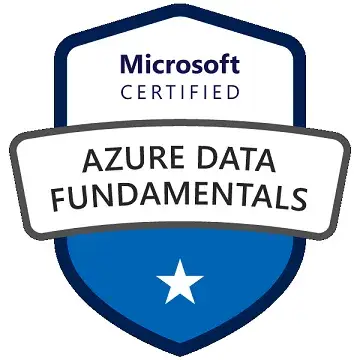EVS Class 3
-
- 5 rating
- (1 Reviews)
- 0 students enrolled
EVS Class 3
Class 3 EVS aims to foster an appreciation for the environment, promote awareness of the world around us, and develop a sense of responsibility for the planet and its resources. It encourages students to make connections between their daily lives and the broader environment.
-
- 5 rating
- (1 Reviews)
- 0 students enrolled
What learn
- Comprehensive Subject Knowledge
- Visual and Interactive Education
- Adaptive Learning Methodology
- 24/7 Availability
- Global Reach and Diverse Resources
Course Content
Requirements
- Smart Phone or Laptop with internet connection
Description
-
Locating a Place: Students learn about different methods of locating and identifying places, including using maps, globes, and landmarks.
-
Story of the Wheels: This topic may explore the history and significance of wheels in transportation and machinery.
-
Means of Communication: Students study various means of communication, including spoken language, written language, and modern technologies like phones and computers.
-
My Family and Neighborhood: Students explore the concept of family structures, roles within families, and their immediate neighborhood and community.
-
Living and Non-Living Things: Students learn to differentiate between living (biotic) and non-living (abiotic) things in the natural world.
-
Housing: This topic covers different types of homes and shelters found around the world, as well as the materials used in their construction.
-
Air: Students learn about the composition of the Earth's atmosphere, the importance of air, and basic concepts related to air quality.
-
Means of Transport: Various modes of transportation, such as cars, trains, and airplanes, are introduced, along with their functions and significance.
-
Our Surroundings: Students explore their immediate natural and man-made surroundings, developing an understanding of their environment.
-
Good Habits: The topic emphasizes the importance of cultivating positive habits like cleanliness, punctuality, and respect for others.
-
Safety Rules and First Aid: Basic safety rules and practices are taught, along with essential first aid skills to prepare students for emergencies.
-
Water: Water's importance, sources, uses, and conservation are explored, along with concepts related to the water cycle.
-
Earth and Sky: Students learn about the Earth's position in the solar system, including its relationship with the sun, moon, and stars.
-
Weather: Weather-related concepts, such as different types of weather conditions, seasons, and their effects, are introduced.
-
Our Festivals: Students explore the cultural and religious festivals celebrated in their region and the traditions associated with them.
-
Plant Life: Topics related to plants, including their characteristics, growth, and significance in the ecosystem, are covered.
-
Rocks, Soil, and Minerals: Students learn about the formation, properties, and uses of rocks, soil, and minerals in the Earth's crust.
-
Animals Life: This topic focuses on the diversity of animal life, their characteristics, habitats, and roles in ecosystems.
-
Food and Health: Students learn about the importance of a balanced diet, nutrition, and the relationship between food choices and health.
-
Human Body: The human body's various systems, organs, and functions are studied, along with personal hygiene and health practices
Recent Courses
- June, 23rd 2025
- 3
This course plan outlines a comprehensive curriculum for a prompt engineering course, designed to equip learners with the ski..
- 1699.00₹
2000.00₹
- June, 28th 2025
- 12
In an era where technology is seamlessly integrated into our daily lives, understanding the synergy between Embedded Systems..
- 1599.00₹
2000.00₹
- May, 22nd 2024
- 0
Microeconomics is an essential component of economics as a whole, as it helps us understand how individual decisions and inte..
- 799.00₹
999.00₹
About Instructor
"Founded in 2019, Bringup Education stands as a dynamic Ed-Tech firm. We take pride in offering a diverse array of courses, spanning from school-level education to rigorous undergraduate programs, all impeccably facilitated through our state-of-the-art Learning Management System (LMS).
Moreover, at Bringup Education, we are committed to preparing students for the professional world by providing valuable training and internship opportunities. These experiences not only augment students' skills but also ensure they are 'job ready' upon graduation."


.png)




.png)


